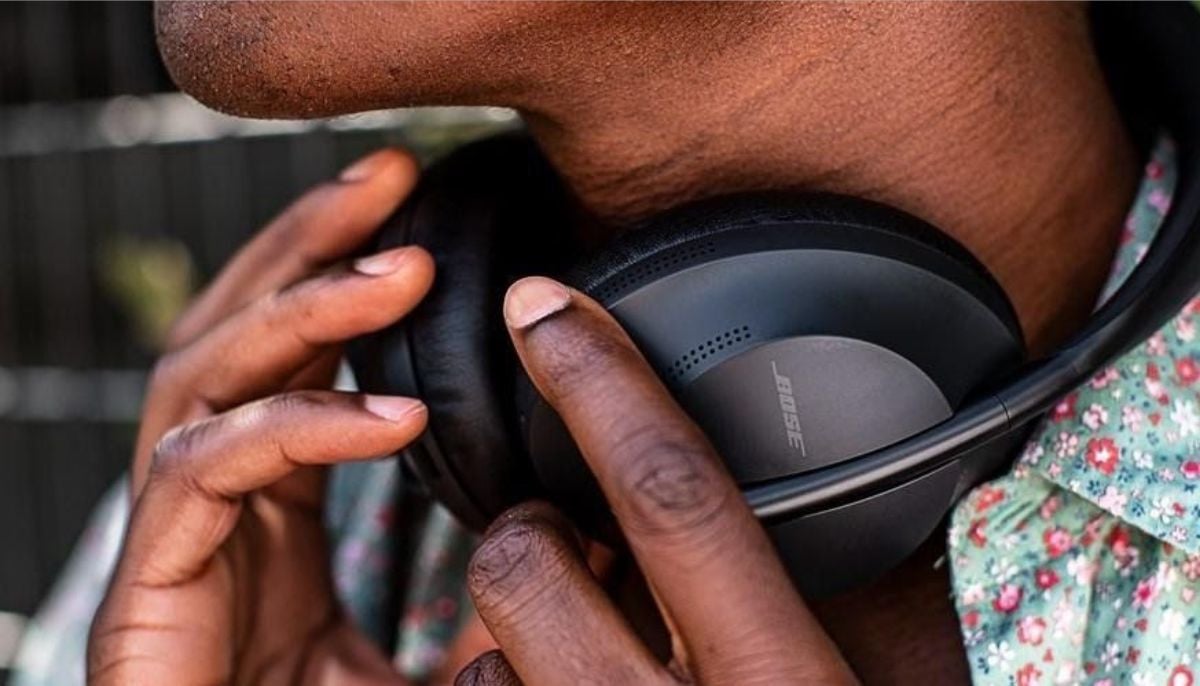Female doctors lower patients' risk of death, male doctors may not: study
Patients' serious health problems are better dealt by female doctors, claims study
Numerous studies have consistently demonstrated that having a female doctor could reduce the chance of mortality or serious health problems following surgery or hospitalisation.
New research, which was released on Wednesday in the British Journal of Surgery, indicates that surgical teams predominantly composed of women, observe fewer health issues in their patients than teams composed mostly of men, according to NBC.
The research contrasted Canadian hospitals with a higher percentage of female physicians with those where they made up less than 35% of the surgical teams, specifically focusing on female surgeons and anesthesiologists.
A 3% decreased risk of major health issues for patients within three months of a major, non-emergency operation was linked to higher levels of gender diversity.
The pattern could be caused by several factors: Compared to their male counterparts, female doctors typically see patients for longer periods and interrupt them less frequently.
Theoretically, this increased contact might guarantee that medical issues are not overlooked or disregarded or result in more precise diagnoses and treatments.
Additionally, research indicates that female physicians are more likely to participate in shared decision-making with patients, provide preventive treatment, and follow clinical guidelines.
However, the primary author of the new study and an associate professor of surgery at the University of Toronto, Dr Julie Hallet, stated that the results shouldn't cause patients to lose faith in male doctors.
“It’s very hard to say a male is better than a female surgeon in general,” she said. “There are male surgeons who are excellent out there, and there are female surgeons who are excellent out there as well.”
-
How the world lost Whitney Houston to overdose
-
Late Ozzy Osbourne's 'terribly challenging' life with Parkinson's Disease
-
Emerging health threat: Toxic chemicals found in headphones, raising safety concerns among teens
-
Halsey’s rare health struggle you didn’t know about
-
Angelina Jolie and Brad Pitt mental health struggle amid divorce
-
Peter Dinklage shares achondroplasia struggle: 'My whole life I've had stares'
-
Celine Dion’s private battle with Stiff Person Syndrome
-
5 famous names who have spoken up about their anxiety












